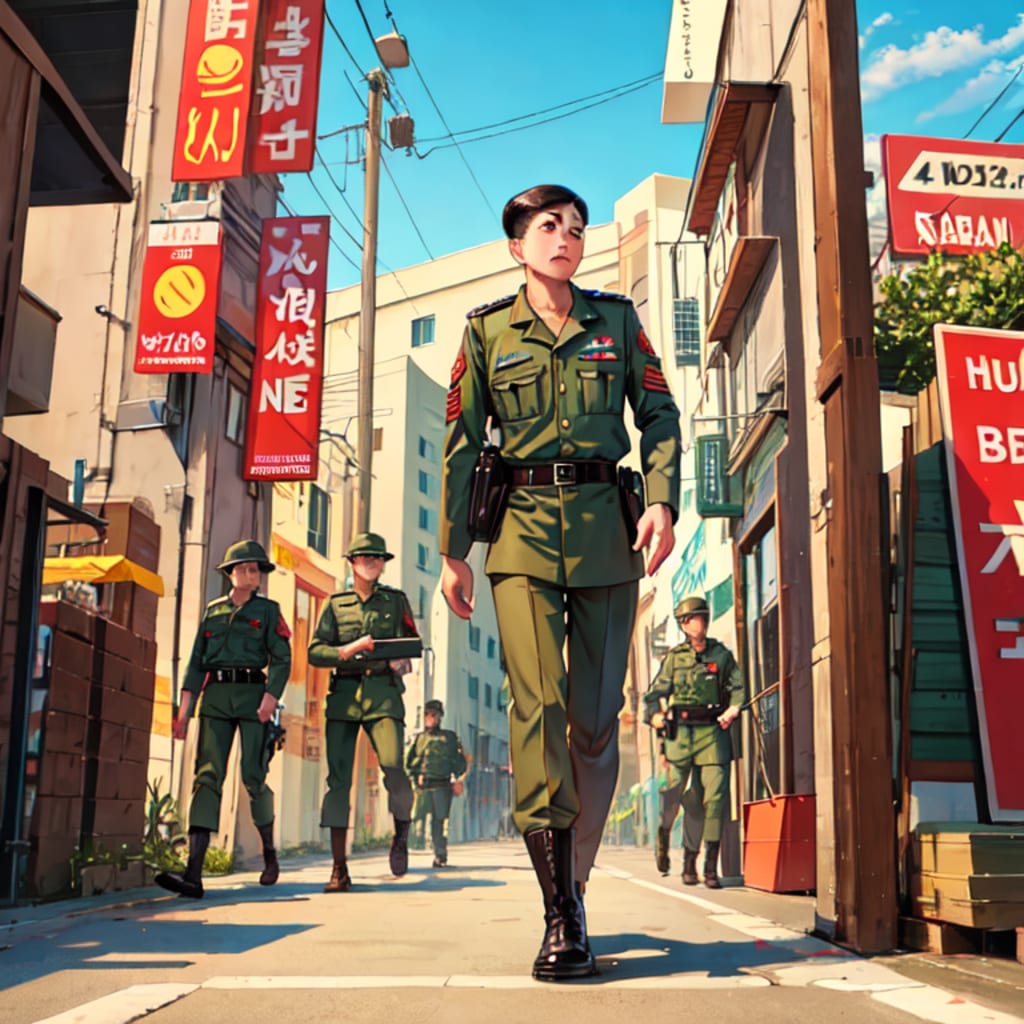
The Vietnam War, an extended and tumultuous conflict that spanned from 1955 to 1975, has left an indelible mark on the people, society, and geopolitical landscape of Vietnam, as well as on the global stage. Its aftermath has had far-reaching consequences, influencing social, political, and economic dimensions both within Vietnam and beyond. In this comprehensive article, we delve deep into the enduring impact of the Vietnam War, examining the social, political, and humanitarian repercussions within Vietnam, as well as the implications for international relations.
The Vietnam War exacted an immense toll on the Vietnamese people. The conflict resulted in the loss of over two million lives, encompassing both military personnel and civilians, and left countless others wounded or displaced. It ravaged cities, villages, and critical infrastructure, causing massive destruction and disruption. The process of post-war reconstruction proved to be an enormous and daunting task. Rebuilding homes, schools, hospitals, and transportation networks became imperative to restore a semblance of normalcy. The scars, physical and psychological, continued to haunt the nation, reminding its people of the enduring cost of war.
The Vietnam War culminated in the reunification of Vietnam under communist rule, following the fall of Saigon in 1975. The socialist government faced the complex challenge of consolidating power and implementing its ideology throughout the country. This era witnessed profound political transformations, including the implementation of land reforms, the collectivization of agriculture, and the central planning of the economy. These policies aimed to reshape Vietnam as a socialist state, but they also brought about economic hardships and social dislocations.
One of the most tragic consequences of the Vietnam War was the widespread use of chemical defoliants, such as Agent Orange, by the United States military. These chemicals, intended to destroy the dense jungle cover, caused severe health problems and birth defects among the Vietnamese population. The lasting effects of Agent Orange continue to impact subsequent generations, with individuals and families grappling with its long-term physical and psychological consequences. Moreover, the war triggered a massive refugee crisis, with thousands of Vietnamese fleeing the country in search of safety and asylum elsewhere.
In the aftermath of the war, Vietnam embarked on a journey of healing and reconciliation. Recognizing the profound psychological wounds inflicted by the conflict, both individual and collective efforts were made to address the trauma. Programs were established to provide support and counseling for war veterans and victims of Agent Orange, aiming to alleviate their suffering and facilitate their reintegration into society. Concurrently, Vietnam actively sought to mend its relations with the United States, paving the way for diplomatic rapprochement and fruitful economic cooperation in the post-war era.
The Vietnam War significantly altered the dynamics of international relations. It fueled anti-war movements and protests around the world, challenging the foreign policy decisions of the United States government. The war also prompted a reevaluation of military intervention and the doctrine of containment. Lessons learned from the Vietnam War had a transformative impact on subsequent conflicts, such as the Gulf War and the wars in Afghanistan and Iraq. Furthermore, the normalization of relations between the United States and Vietnam in the 1990s signaled a shift in global politics, fostering diplomatic engagement and opening new avenues for economic cooperation.
The aftermath of the Vietnam War is marked by profound challenges, transformations, and lasting implications, both within Vietnam and on the international stage. The war inflicted immense suffering and devastation upon the Vietnamese people, necessitating long and arduous processes of reconstruction and healing. Vietnam, scarred by the harrowing experiences of war, has demonstrated resilience and determination in rebuilding a nation fractured by violence. The enduring impact of the Vietnam War extends beyond Vietnam's borders, reshaping the dynamics of international relations and influencing subsequent conflicts. Lessons learned from this protracted conflict have fostered a deeper understanding of the human cost of war and the imperative of pursuing peaceful resolutions. The Vietnam War serves as a poignant reminder of the complexities and consequences of armed conflicts, urging us to strive for a world where dialogue, diplomacy, and compassion take precedence over violence and hostility. As we continue to navigate the complexities of the present and shape the future, the lessons from the Vietnam War remain vital in promoting a more peaceful and harmonious global society.
About the Creator
Eiko
Hey
I am an enthusiast for history, and also its relations to the present. I write texts about wars, historical events and such.
Additionally, I am very interested in health, physical and mental, and I want to educate others on the topic.





Comments
There are no comments for this story
Be the first to respond and start the conversation.